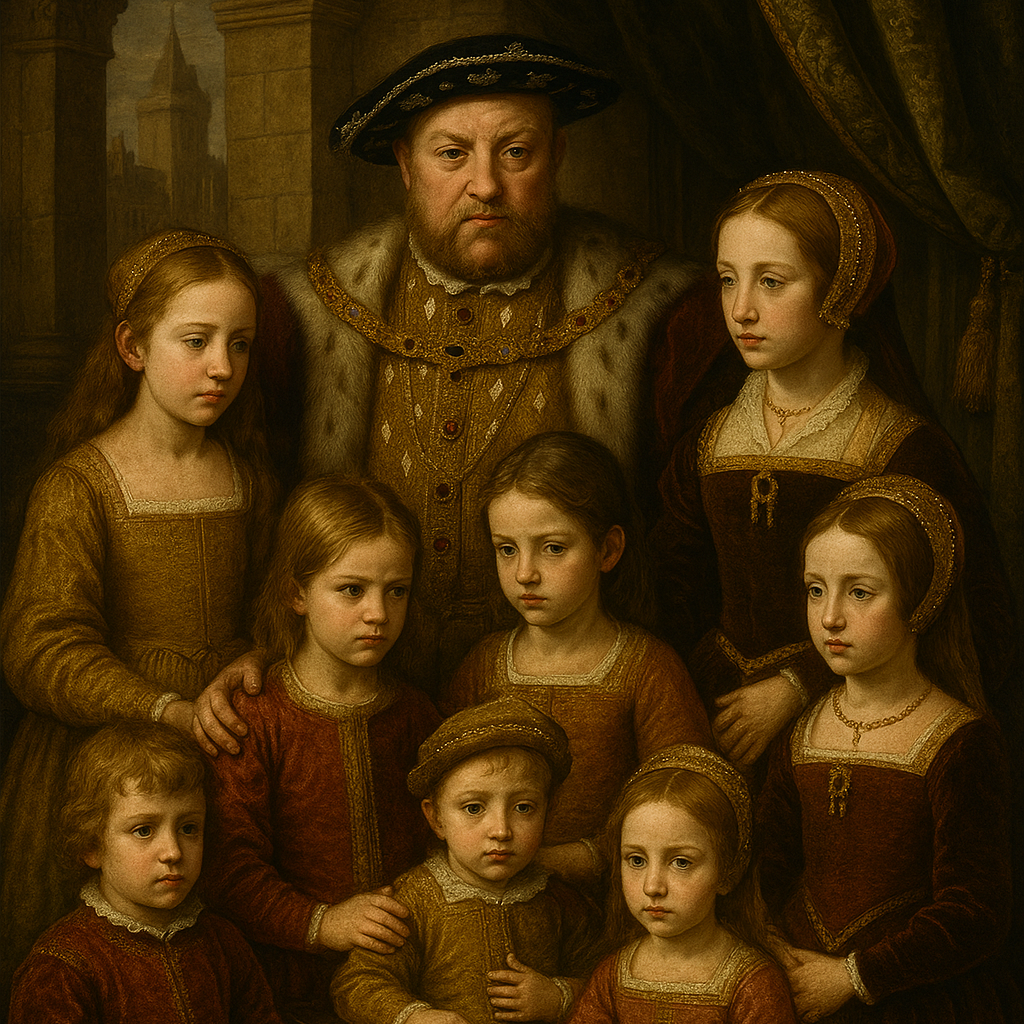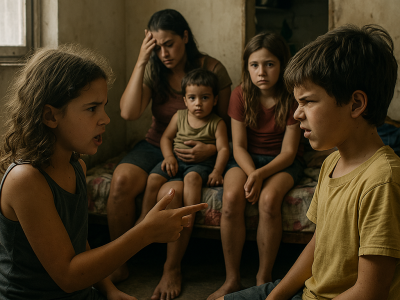On 1 March 2025, Shivon Zilis, an executive at Elon Musk’s Neuralink, posted a heartfelt message on X: “Built like a juggernaut, with a solid heart of gold. Love him so much.” The announcement of their son, Seldon Lycurgus Musk, marked the billionaire’s 14th child—and fourth with Zilis. Musk, who has long warned of “population collapse,” now embodies his own rhetoric. Yet, as social media buzzed with reactions—from admiration to bewilderment—the news reignited the population decline debate: Why do some choose large families, and what does it mean for society?
Musk’s approach to parenthood is as unconventional as his ventures. His children’s names—X Æ A-12, Exa Dark Sideræl, and now Seldon Lycurgus—reflect his penchant for blending science fiction and history. But beyond the headlines lies a narrative steeped in demographic anxiety. Musk has repeatedly argued that declining birth rates threaten civilisation, a view echoing his 2022 statement: “Bravo to big families.” Yet, his personal life also highlights contradictions. While he champions population growth, paternity disputes, like the lawsuit filed by activist Ashley St. Clair, underscore the logistical and ethical complexities of managing a sprawling family.
Historical echoes: Dynasties, power, and familial conflict
Large families have long been tools of power and legacy. King Henry VIII of England, notorious for six marriages and three surviving children, weaponised parenthood to secure political alliances. His desperation for a male heir triggered the English Reformation, fracturing the nation’s religious identity. Centuries later, Queen Victoria’s nine children married into royal houses across Europe, earning her the moniker “grandmother of Europe.” While this web of alliances aimed to stabilise empires, it inadvertently sowed seeds for World War I, as cousins Wilhelm II of Germany, George V of Britain, and Nicholas II of Russia clashed on battlefields.
These historical figures leveraged offspring for influence, yet their legacies were marred by strife. Henry VIII’s turbulent succession plans bred court rivalries, while Victoria’s descendants faced public scandals and geopolitical tensions. Large families, it seems, amplify both reach and risk. As Dr. Fiona Carter, a historian at King’s College London, observes: “Dynastic ambitions often clash with the emotional realities of parenthood. Children become pawns, and resentment festers.”
Faith and fertility: The religious imperative
Religious teachings have long shaped attitudes toward family size. In Christianity, the command to “be fruitful and multiply” (Genesis 1:28) underpins movements like the Quiverfull, which rejects contraception. “Children are divine blessings, not choices,” explains Reverend Mark Thompson, a theologian. Similarly, Islam encourages large families, citing the Prophet Muhammad’s advice to “marry and procreate, for I will boast of your numbers on the Day of Resurrection.”
Hindu traditions link progeny to spiritual duty, where sons perform rituals to honour ancestors. Yet, these ideals clash with modern realities. In Israel, ultra-Orthodox Jewish communities prioritise large families but grapple with poverty. “Faith compels us to trust God’s provision,” says Rabbi David Cohen of Jerusalem, “but state support for housing and education is inadequate.” Even as global fertility rates decline, religious adherence sustains higher birth rates in regions like sub-Saharan Africa and the Middle East.
Modern contrasts: Trump, Modi, and the politics of family
In contemporary politics, family size remains a symbolic gesture. Donald Trump, former U.S. president, frequently highlights his five children as proof of his leadership and virility. “A big family shows strength,” he declared at a 2020 rally. His children—particularly Ivanka, Eric, and Donald Jr.—are fixtures in his business and political ventures, blurring lines between dynasty and democracy. Critics argue this nepotism undermines meritocracy, yet supporters see it as a marker of traditional values.
Conversely, Indian Prime Minister Narendra Modi’s childless status has sparked scrutiny. In a culture where family is sacrosanct, Modi’s choice to remain unmarried and without children defies norms. Opponents have weaponised this, questioning his “commitment to national family values.” Yet, his supporters frame it as a sacrifice for public service.
Modi’s narrative mirrors ancient ascetic ideals—renouncing personal ties for societal good. It challenges the notion that leadership requires progeny.
-Dr. Anika Patel
Why do we have children? Motivations behind large families
For centuries, large families have been shaped by culture, economics, and emotion. In agrarian societies, children were assets—extra hands to till fields or tend livestock. Today, motivations are more nuanced. A 2023 Pew Research study found that 40% of parents with three or more children cited “emotional fulfilment” as their primary driver. “There’s a unique joy in watching siblings bond,” says Dr. Eleanor Trent, a sociologist at the University of Cambridge. “But this is often romanticised. The reality involves immense sacrifice.”
Religion and tradition still play pivotal roles. In communities like the Amish or ultra-Orthodox Jews, large families align with doctrinal values. Conversely, in welfare states like the UK, some argue that benefits unintentionally incentivise larger households. “When you’re struggling, another child can mean another cheque,” notes a 2024 report by the Resolution Foundation. Yet, for Musk and other elites, children symbolise legacy—a way to extend influence across generations. His advocacy mirrors broader trends among tech moguls; Jeff Bezos and Mark Zuckerberg have similarly funded longevity research, betting on futures where their descendants wield enduring power.
The weight of many: Psychological and societal impacts
The parenting challenges of raising multiple children are rarely idyllic. A 16-year-old from Brazil, whose parents “always planned to have a lot of children,” describes a home in perpetual chaos: “Someone screams 20 times a day. I can’t think, I can’t sleep. It’s like living in a storm.” Psychologists warn that overcrowded households risk neglect. Dr. Lila Ramos, a family therapist in São Paulo, explains: “Parents often underestimate the emotional labour. Sibling rivalry, financial strain—it fractures relationships.”
For the wealthy, resources soften these burdens. Nannies, tutors, and sprawling estates insulate Musk’s children from the stressors faced by low-income families. Yet, privilege doesn’t guarantee harmony. Grimes, Musk’s former partner, publicly clashed with him over their son X’s exposure to media scrutiny. “I want him out of the spotlight,” she wrote in a since-deleted Instagram post. The incident underscores a universal truth: Regardless of wealth, parenting many children tests endurance—and societal structures.
Voices from the field: What experts say
Demographers and economists offer stark warnings. Global fertility rates have halved since 1950, with the UK hitting a record low of 1.56 births per woman in 2023. “The narrative of overpopulation is outdated,” argues Professor Ian Goldin of Oxford University. “Today’s crisis is ageing populations. By 2050, 25% of Europeans will be over 65. Who will fill jobs or fund pensions?” Musk’s fears align with this data, yet his solution—individuals having more children—ignores systemic issues like childcare costs and workplace inequality.
Psychologists, meanwhile, emphasise autonomy. “The happiest parents are those who choose their family size freely, without pressure,” says Dr. Hannah Clarke, author of The Parenthood Paradox. She points to studies linking “voluntary childlessness” to high life satisfaction. Conversely, societal expectations—whether pronatalist policies or cultural norms—breed resentment. In South Korea, where the government offers $10,000 bonuses for newborns, birth rates remain stagnant. “You can’t incentivise joy,” Clarke adds.
Choice vs. responsibility: Navigating modern parenthood
Musk’s 14 children sit at the intersection of personal choice and global responsibility. Critics argue that promoting large families in a climate-crisis era is reckless. “Each child in a high-income country emits 10 times more carbon than one in Ethiopia,” notes environmental scientist Dr. Priya Mehta. Yet, ethicists like Professor Marcus Greene counter: “Slowing population growth isn’t about dictating family size. It’s about ensuring every child has access to education, healthcare, and a livable planet.”
The UK’s recent policies reflect this balance. Expanded parental leave and subsidised childcare aim to support families without coercing growth. Still, gaps persist. A single mother in Manchester laments: “I’d love another child, but after rent and bills, I’m already choosing between food and heating.” For her, Musk’s vision feels worlds away.
A question for our time
Elon Musk’s 14th child is more than a tabloid curiosity. It forces us to confront uncomfortable questions about family size ethics: Is parenthood a personal right or a collective responsibility? Can we champion family diversity while safeguarding the planet? As debates over fertility treatments, surrogacy, and carbon footprints intensify, one truth emerges: There are no easy answers—only trade-offs.
What do you think? Should society encourage larger families, or focus on supporting those we already have? Share your views with The Academic and subscribe for more incisive analysis.







